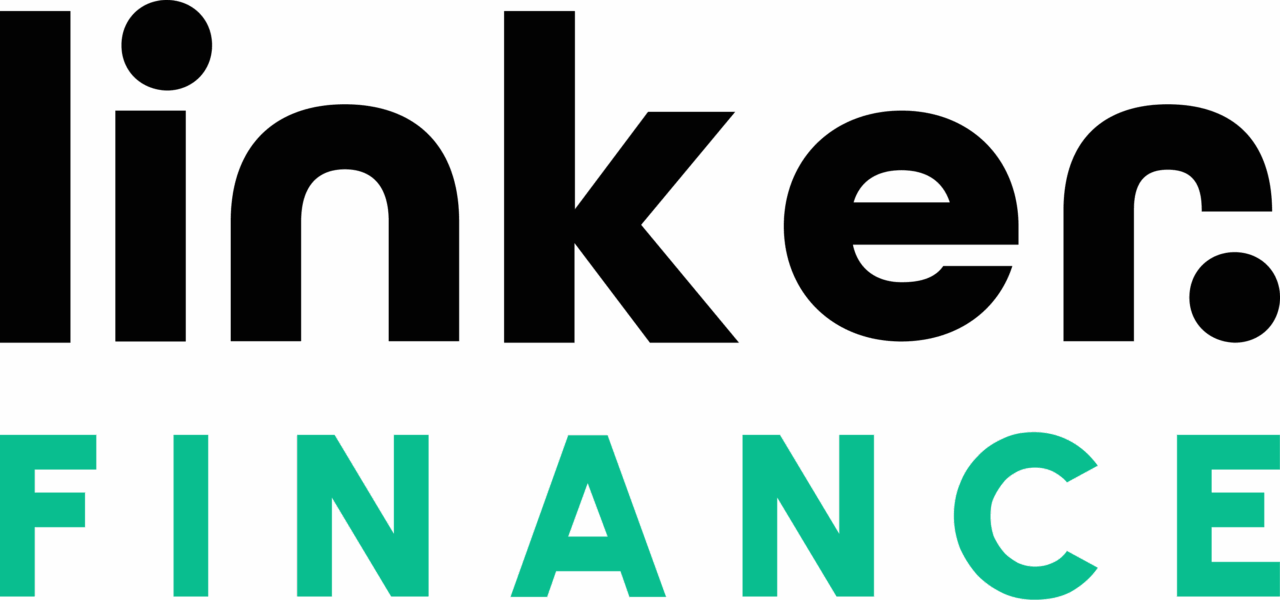Banking on a Second Chance: How Financial Institutions Are Supporting Returning Citizens
Each year, hundreds of thousands of Americans reenter society after incarceration, often without a bank account, credit history, or basic understanding of how the financial system works. This lack of access can hinder housing, employment, and stability—factors closely linked to recidivism. According to American Banker, a growing number of financial institutions and fintechs are working to address this disconnect by designing products and educational programs tailored to people transitioning out of the criminal justice system.
Fintechs Step Up with Purpose-Built Solutions
Several startup fintechs are leading the way with services intentionally structured around the needs of the formerly incarcerated. One standout is FRSH, a platform launched by individuals with firsthand experience in the justice system that offers:
- Checking accounts certified by Bank On
- No ChexSystems or credit checks
- Debit cards
- Embedded financial education tools
These services are designed specifically for individuals starting over financially.
Another entrant, Stretch, offers free checking accounts, budgeting tools, and employment support, while eliminating common banking hurdles such as overdraft fees and credit history requirements. Stretch collaborates closely with employers and reentry nonprofits, creating an integrated system that not only helps customers open accounts but also rebuild their lives.
Fintechs like Stretch are reframing how banks evaluate risk, shifting the focus from disqualifying credit checks to a more holistic view of a person’s future potential.
Building a Financial Foundation: Credit and Investing
Financial reentry isn’t just about access to a debit card—it’s also about building credit, understanding long-term goals, and developing financial resilience.
In a September 19, 2024, article, American Banker reported that a proposed credit union in New Jersey, Diverge Federal Credit Union, aims to do just that. Backed by the nonprofit First Step Alliance, Diverge plans to serve marginalized communities, including justice-impacted individuals, by suggesting checking accounts, financial coaching, and credit-building resources. The digital-first institution would also offer flexible ID verification processes and early wage access for those restarting from zero.
While fintechs lead on innovation, traditional banks are also making meaningful strides. In Kentucky, Old National Bank launched a 12-week “Steps to Financial Success” program inside a women’s detention center. American Banker noted that the curriculum includes lessons on budgeting, credit management, and even the basics of investing, offering inmates a prime opportunity to learn practical financial skills before release.
Credit Unions and Community-Focused Reentry Programs
In addressing the issue of inmate financial literacy on the credit union front, American Banker spotlighted Southern Security Federal Credit Union (FCU) in Tennessee for its partnership with Shelby County Corrections and HopeWorks. The result is a 13-week reentry program that pairs classroom education with access to checking accounts, secured credit cards, and housing assistance. Participants gain real-world skills like how to avoid predatory lending and build savings, and they leave the program with working accounts and a path toward long-term financial credibility.
The program’s success hinges not only on the accounts it opens but on the ongoing mentorship and post-release coaching. The model shows how traditional institutions, when working hand in hand with local governments and nonprofits, can move beyond transactions and become true catalysts for rehabilitation.
The ROI of Financial Institutions Serving Returning Citizens
The stakes for society (and for financial institutions) are high. Data cited by the nonprofit JailsToJobs show that 73 percent of individuals who successfully stayed out of prison for at least three years had a bank account, compared with just 39 percent of those who reoffended. Financial inclusion is increasingly seen not just as a social good, but as a stabilizing force in communities.
An American Banker op-ed by leaders at Beneficial State Bank and Impact Justice notes that investing in justice-impacted individuals also aligns with Community Reinvestment Act (CRA) goals, builds community goodwill, and creates the next generation of loyal customers.



















